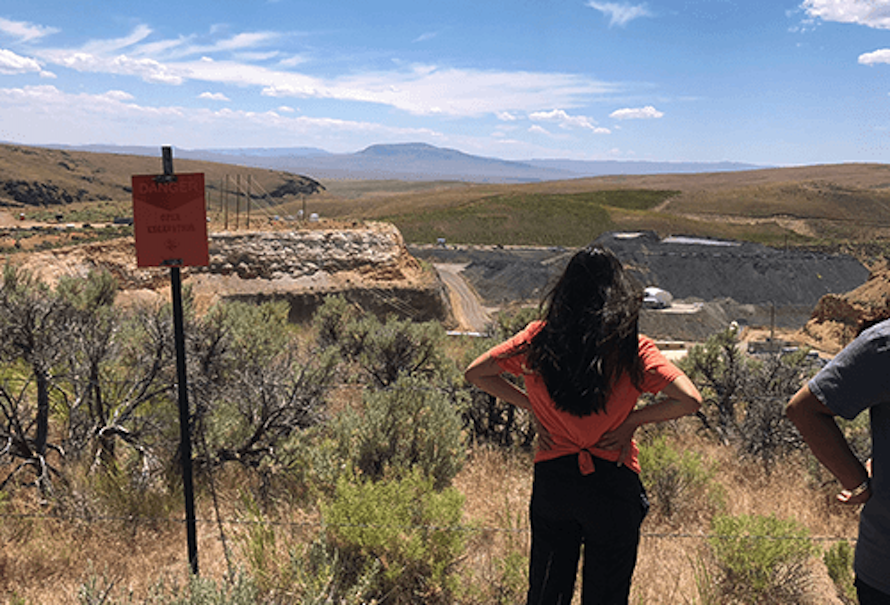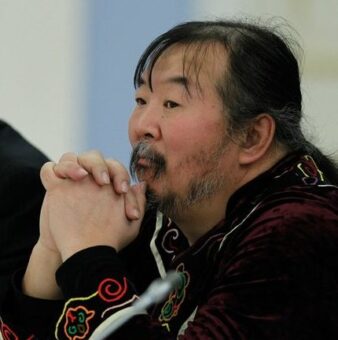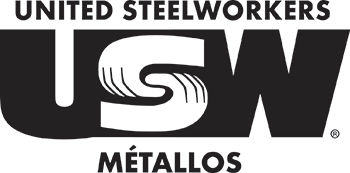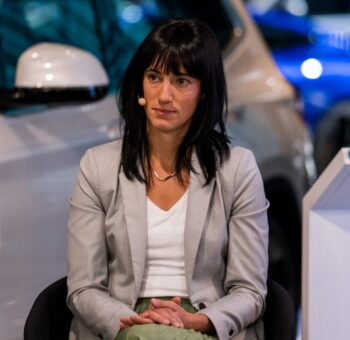New Year, New Board Members

As we welcome the new year, we are thrilled to welcome three new board members:
Community Sector: Pavel Sulyandziga, Russia
Pavel is an Indigenous leader and human rights activist from the Bikin River valley in Siberia. He is dedicated to protecting indigenous communities, whose rights are often violated by business. Pavel has a PhD in Economics and is President of the International Indigenous Fund for Development and Solidarity “Batani” (Batani Foundation). He’s currently a Visiting Scholar at Dartmouth College (US) and at Law School University of Maine and was a member of the United Nations Permanent Forum on Indigenous Issues (2005 – 2010) and Member of the United Nations Working Group on Business and Human Rights (2011 -2018). He joins Meshack Mbangula of Mining Affected Communities United in Action (MACUA) in representing the Community Sector.
Labor Sector: Meg Gingrich, Canada
Meg Gingrich is Assistant to the National Director of United Steelworkers (USW) Canada. For ten years she’s been on staff at USW Canada’s National Office, first as a researcher and now as the Assistant to the National Director. In that position she’s the senior administrative and policy advisor to the USW in Canada, with lead responsibility on issues relating to trade, industrial policy, and strategic planning. She’s also the central liaison on these issues with the leadership of USW United States. Meg is also the President of Blue Green Canada, which was co-founded in 2008 along with Environmental Defence as a joint labour-environment-community coalition. She joins Glen Mpufane of IndustriALL Global Union in representing the Labor Sector.
Purchaser Sector: Claudia Becker, Germany
Claudia is BMW Group’s Expert on Raw Material Strategy and Sustainable Supply Chain Management. Claudia has been working for the BMW Group since 2012 in operational and strategic purchasing functions. In 2016 she joined BMW’s responsible sourcing team with a focus on due diligence in mineral supply chains. Claudia works closely with supply chain partners and represents BMW in various international and cross-industry initiatives, such as Drive Sustainability, RMI and the GBA. Before joining the BMW Group, Claudia worked in the sector of international development cooperation including for the Deutsche Gesellschaft für Internationale Zusammenarbeit (GIZ) in Cambodia on sustainable urban development. Claudia has an academic background in Geography from the University of Bonn with a focus on development cooperation, sustainability, and urbanism. Claudia joins J.J. Messner de Latour of Microsoft in representing the Purchasing Sector.
As we welcome Claudia, Meg, and Pavel to the IRMA board, we reflect with appreciation on the invaluable contributions of those who have served IRMA’s governance since its founding: Dewa Mavhinga, Mike Kowalski, Anisa Kamadoli Costa, Samara Rudolph, Joan Krajewski, Ephi Banaynal dela Cruz, Susan Posnock, Joe Drexler, Mark Rowlinson, Alan Knight, Nuskmata, Larson Bill, Loretta Williams, and many more to whom we owe deep appreciation for their work.
New Year, Same Unique Governance Model
While there are other multi-stakeholder, extraction-related and metals-related standards, IRMA’s governance model is unique: equal governing authority shared between six sectors with an interest in mining. For any board vote, if the two representatives from any given sector oppose a motion, the vote fails even if all other board members are in support. To our knowledge, the IRMA board is the only place in the world where communities, labor, and civil society have an equal voice alongside mining companies and other multinational corporations.
Looking Forward
2023 will be an important year in advancing IRMA’s vision: a world where the mining industry respects the human rights and aspirations of affected communities, provides safe, healthy and supportive workplaces, minimizes harm to the environment, and leaves positive legacies.
Our work to create financial value for mines independently assessed against the world’s most robust mining standard will take a major leap forward. Audit reports for at least ten mine sites will be released in 2023, including the first lithium mines assessed in IRMA. 2023 will also see the IRMA Standard expand to include exploration and development, before mines are operating, and also mineral processing operations, as well as updating the current Standard for active mining operations.
We do this work to integrate learning from the first mine audits, and to create value for an evolving definition of “best practices”, shared across stakeholder sectors, for environmental and social responsibility. As with all of IRMA’s work, this is only possible through the engagement of all affected stakeholders and we welcome your engagement.


